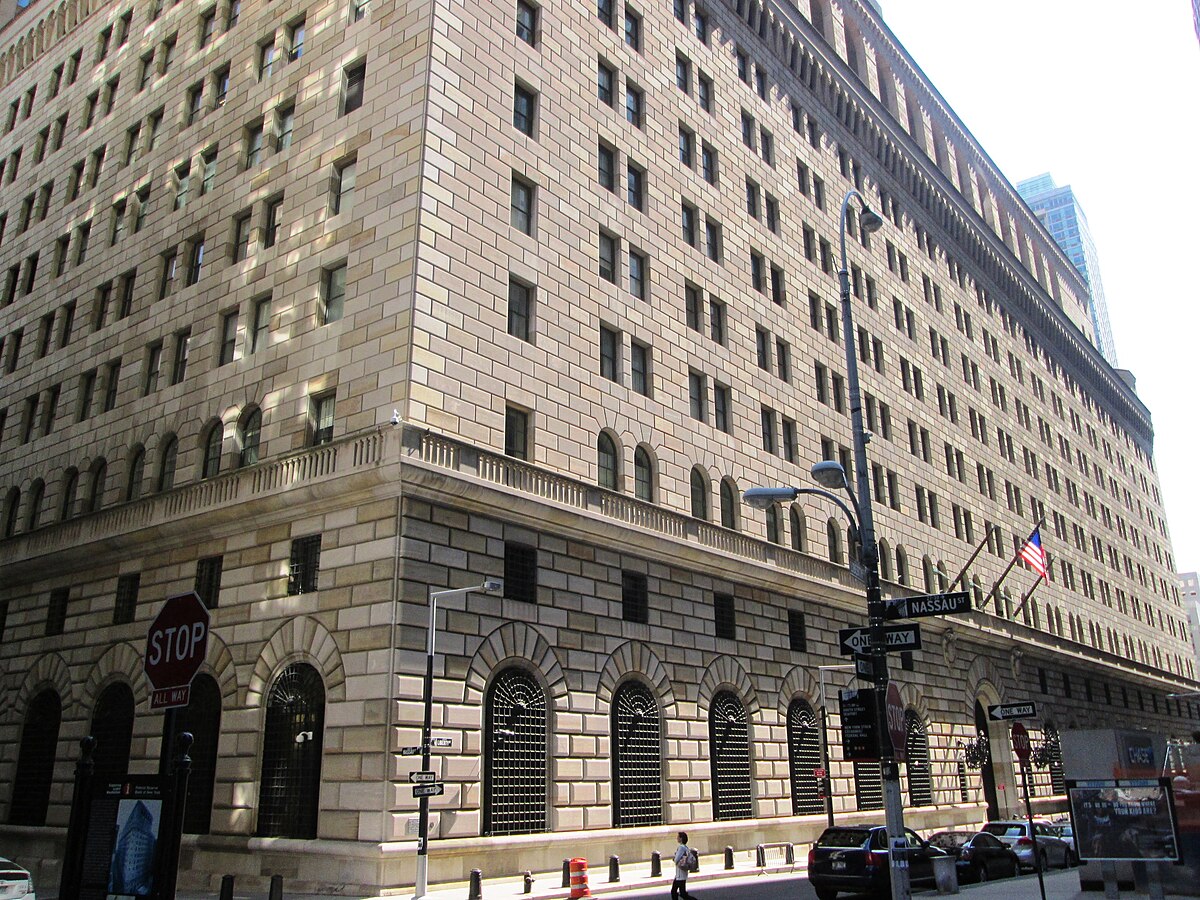A few weeks ago, I saw a video on TikTok that the creator knew would be taken down, but did it anyway. Sure enough, I went to find it later, and it was no more.
The point of the video, though, is that our attempts at making social media “safe” have led us to this weird world where we can’t talk about rape, gun violence, or even suicide prevention without using code words. We have to sugarcoat the reality of what is happening so that it doesn’t get censored as dangerous material.
I have always been keenly aware of this risk, ever since the first time I was on an airport wi-fi network and was blocked from my website. The filters they were using didn’t like the idea of a website talking about child abuse, and I couldn’t get here.
Over the years, many of those filters have improved, but the same issue is resurfacing across the internet.
Let me provide you with some examples from social media and new technology.
- If you go to Facebook, Instagram, or Threads (All owned by the same company, Meta) and search for my profiles that have the same name as this website. You won’t find them. (see screenshot below.)
- I work with M365 and Copilot as part of my job. Microsoft has default policies that flag AI interactions and Teams messages for things like self-harm, violence, threatening behavior, etc. As I investigate those policies, it has become clear to me that talking about mental health in any shape gets flagged immediately as potential self-harm in the same way that researching legal disclosure gets flagged as a potentially illegal disclosure. Some things become a risk just by mentioning them.
- I’ve heard from others that AI tools will refuse to answer questions related to specific queries. I tried asking for information about child abuse, as an example, and was told that it could not reply to that question. If I asked something more specific, like statistics on child abuse, I could get a response, but it’s telling that we make someone seeking a connection with other survivors jump through extra hoops.
- Just this weekend I saw a post complaining that we constantly use the term sexual assault for every kind of crime and don’t use the word rape, when rape is not the same thing. Yet, even in that post, the author spelled it r@pe because you can’t talk about rape on social media! I’m not sure if they recognized the irony of answering their question in the text.
 Pin
Pin
Many years ago, when I was at my worst and desperate to know I was not the only person in the world struggling with my mental health because of my childhood abuse, the internet was still relatively new. Despite that, when I went looking for other survivors, I found some. I found long-since-forgotten websites, email groups, and message boards. I found a community. Through this website and social media, I’ve remained connected to other survivor communities. Lately, I’ve been feeling like much of that community is gone. Part of it is likely that my attention is elsewhere, but I also believe that part of the reason is that we have been discouraged from being honest about our stories.
Talking openly using words like child sexual abuse, child rape, eating disorders, suicide, etc. is a great way to get your post banned, or at least de-emphasized by an algorithm designed to ignore the hard issues that we face in society.
For years, we’ve been wondering why media outlets reporting on stories of abuse describe them in terms like “inappropriate relationship with a minor” or “sexual relationship” instead of calling it child rape or abuse. I think the big tech companies are providing the answer for us.
They use watered-down language because we want that. The dark truth of rape is complicated to come to grips with. Thinking about it makes us uncomfortable. Talking about it is frowned upon. It might upset people. It might ask people to spend half a minute thinking about someone other than themselves, and the other half of that minute facing the fact that it could happen to someone they love.
We blame the very people who have suffered the most for upsetting the nice little world we’ve made up in our heads, and we dare to talk about that being about safety.
Safety for whom? Not being educated about child abuse is not providing safety to kids. I know this first-hand. Not talking openly about suicide is not going to prevent it, and being forced to keep quiet about these issues is not going to create the kinds of communities we all need to improve our mental health.
The world isn’t safe. It is full of tragedy, violence, and hatred, yet also filled with love, hope, and beauty. Ignoring the bad stuff doesn’t leave us with only the good stuff; it shuns all the people who are dealing with the bad stuff, instead of showing them a bit of the good stuff – support, love, etc.
People in pain need a community to help them with that pain. I started this blog almost 24 years ago because I wanted people to have one place online where they could know they aren’t alone. What an absolute shame it is that we have so many people working so hard to make it harder for us to find each other, and for kids being abused to find information and help.
We will never come to grips with rape in any form if we can’t even use the word.
I am under no illusion that any algorithm is going to spread this post. There’s too much honesty and too many taboo topics. If this resonates with you, and you know others who are struggling and unable to find other survivors, please share this with them.
.png)



